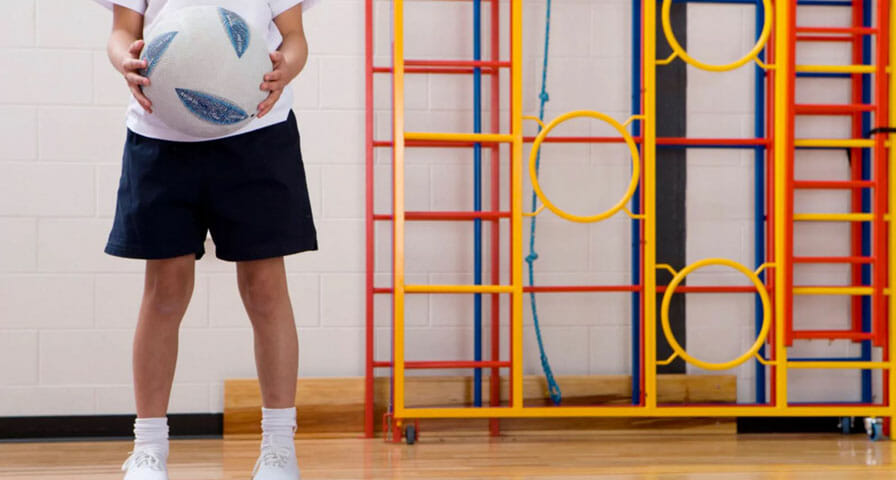Originally published Feb. 15, 2018 in The Telegraph.
By Helena Horton
The British public thinks it is more important secondary school children have PE lessons than study history, according to a study by YouGov.
The survey asked British adults which subjects they felt were the most important to study in schools, and physical education ranked more highly than many other subjects, including history and religious education.
Out of 1,648 respondents, 42 percent ranked PE as very important, compared to 39 percent who think history is very important and 12 percent for religious studies.
 Experts have said this could be because of changing attitudes towards childhood obesity as public health campaigns sink in.
Experts have said this could be because of changing attitudes towards childhood obesity as public health campaigns sink in.
Tam Fry, chairman of the National Obesity Forum, told The Telegraph: “People are getting the message that exercise is equally important to good health as nutrition.
“One of the most encouraging things is that Theresa May has included in her child health obesity strategy half an hour a day in schools as minimum of physical activity, so they are moving around instead of sitting on their bums playing on Gameboys or chatting.
“It surprises me how long it takes for messages to sink into the population at large – but we have noticed there is more emphasis now on exercise.”
Steven Ward, CEO of ukactive, the UK’s leading not-for-profit health body for the physical activity sector, said: “This poll demonstrates a growing awareness of the crucial role played by physical education in the health and wellbeing of our children.
“The impact of physical education extends far beyond countering rising levels of childhood obesity. Its growing importance is not simply a focus on the size of waists, but recognition of physical activity’s impact on the health of our children’s hearts and wellbeing of their minds.
“As well as being linked to impaired physical development, shorter attention span and lower grades, an inactive childhood means a higher likelihood of deadly diseases such as heart disease, cancer and type-II diabetes in later life.
“The government must take urgent steps to treat physical literacy in schools as importantly as English and Maths in order to save Britain from a full-blown health crisis.
“Today’s generation of children are the least active ever and many will face a lifetime of health issues unless we build physical activity back into their daily lives.
“We need a robust evidence base to work from going forward. Without proper measurement of our children’s fitness, activity levels and physical literacy, we will continue to have gaping holes in our evidence base and be unable to measure impact.”
English and maths topped the chart; 96pc of Brits consider these to be important subjects (including 84pc and 83pc respectively who think they are “very” important).
Computing and science come close behind; 95pc and 94pc respectively believe these are important, although they are less likely to be seen as “very” important – 69pc and 68pc respectively.
This is swiftly followed by sex and relationship education, which 47 percent think is very important and 38 percent is important to study.
Very few think religious studies and drama are very important subjects; 12 and eight percent respectively.
At the bottom of the table are the more traditional subjects, Classics and Latin, with a minimal amount of people listing them as very important; seven and three percent respectively.
Seeking IHT Spirit System information?




